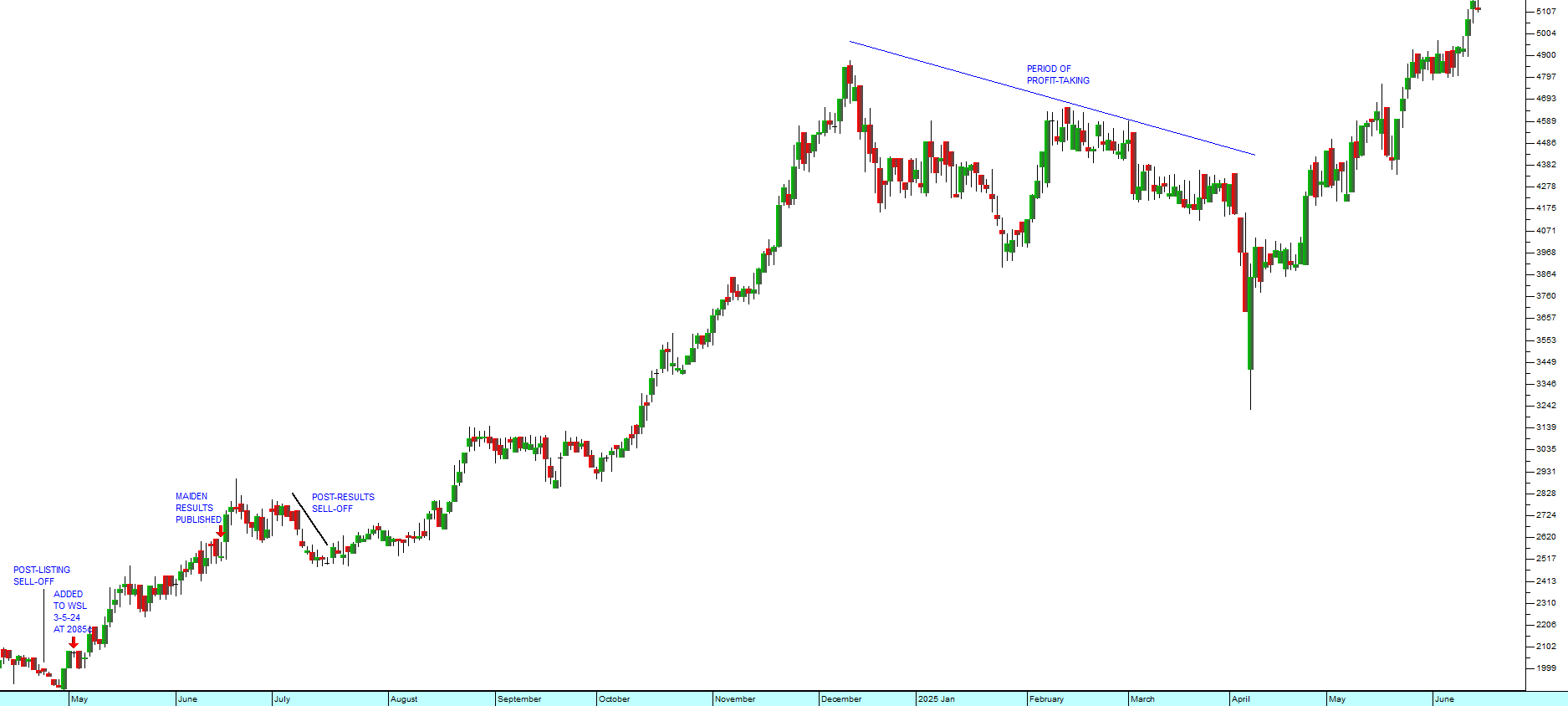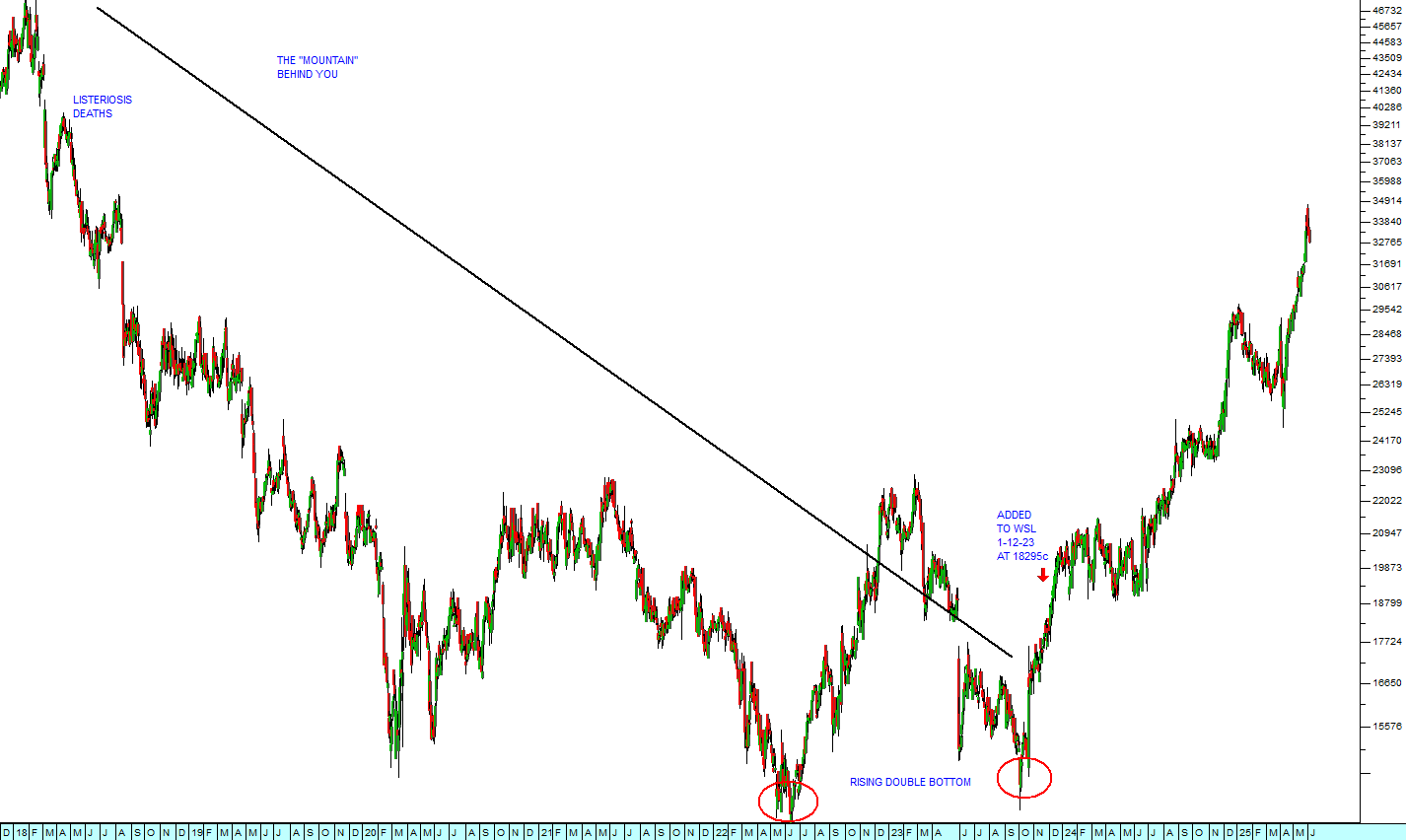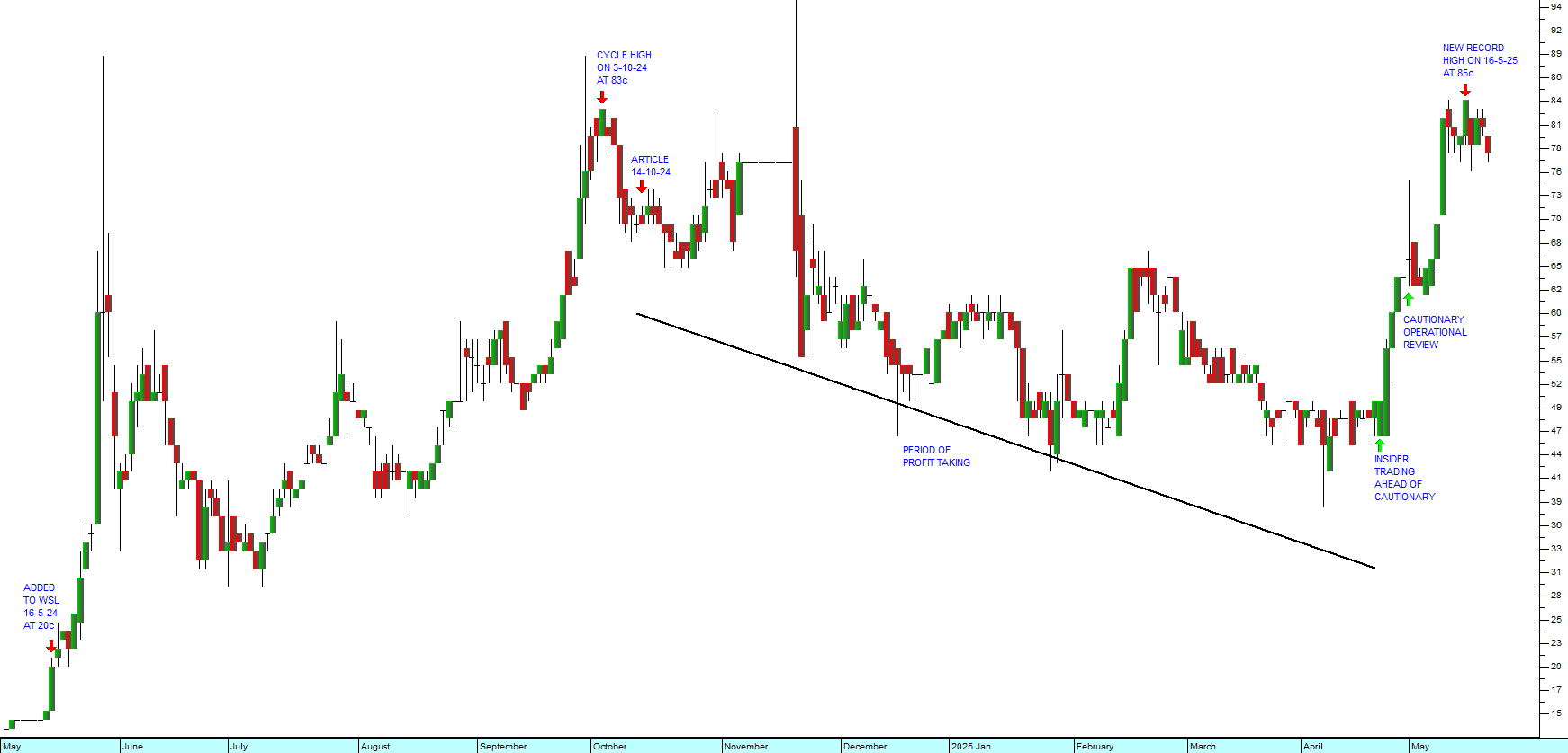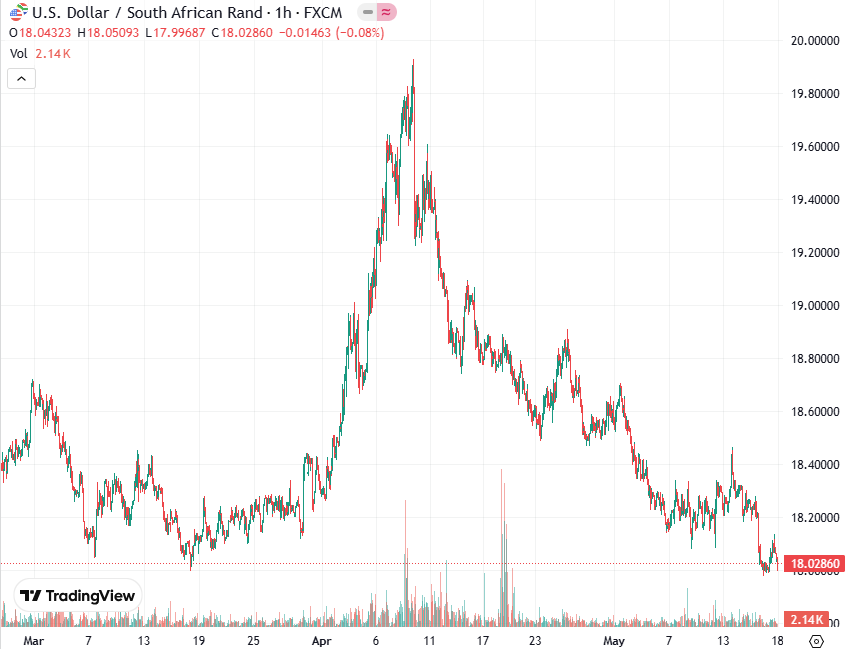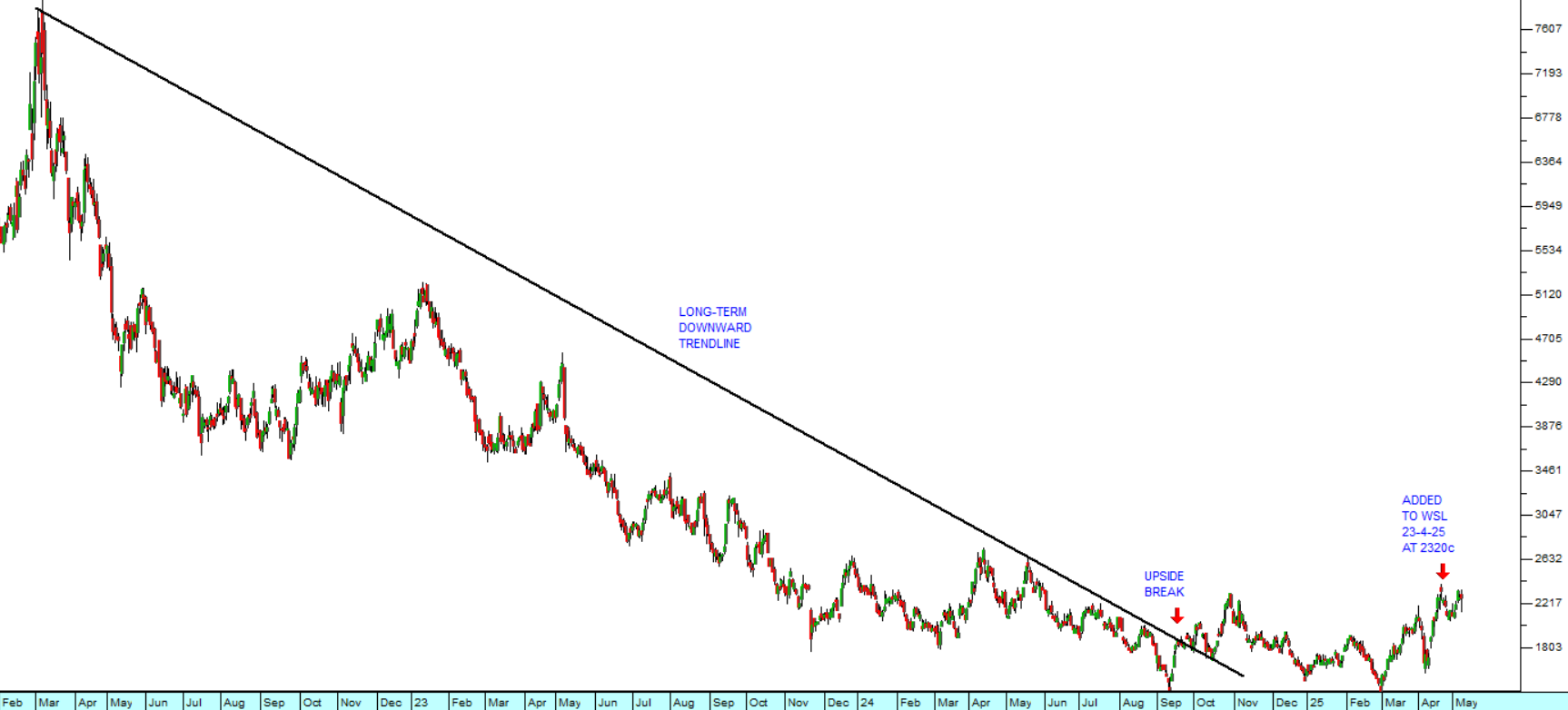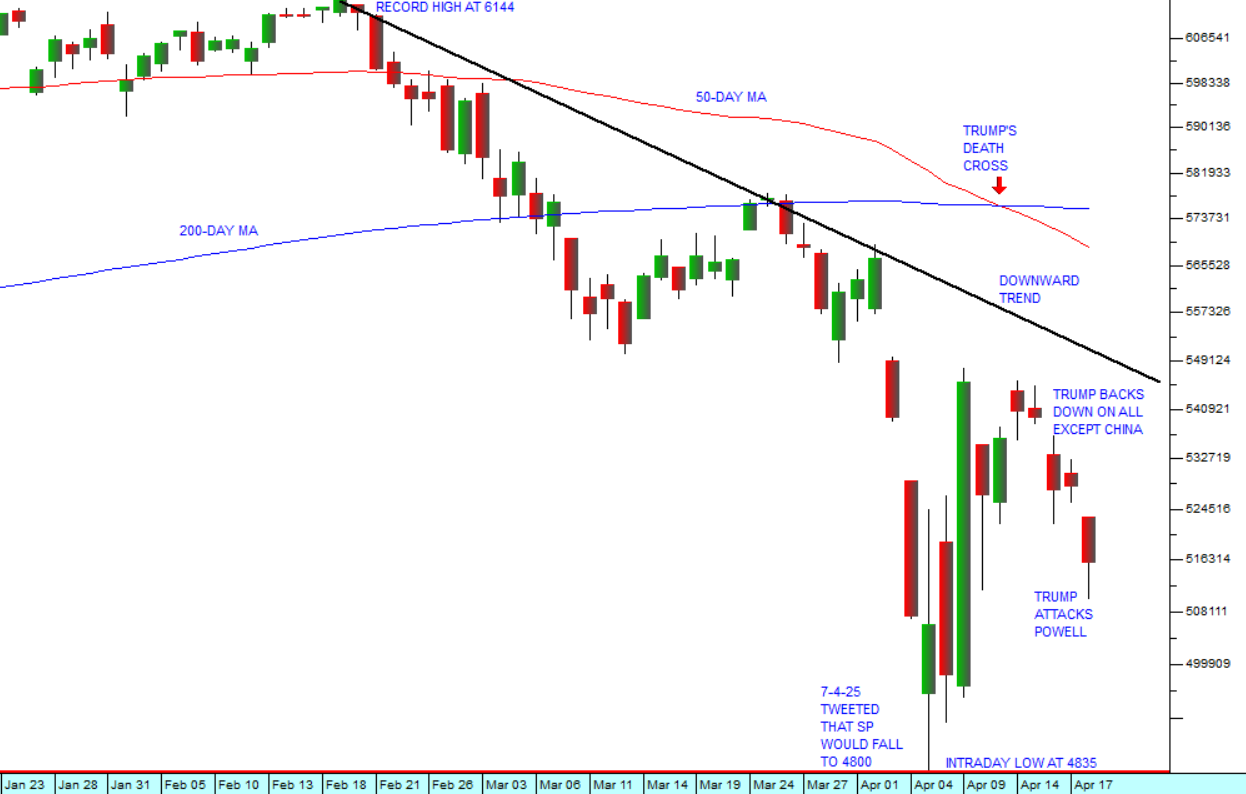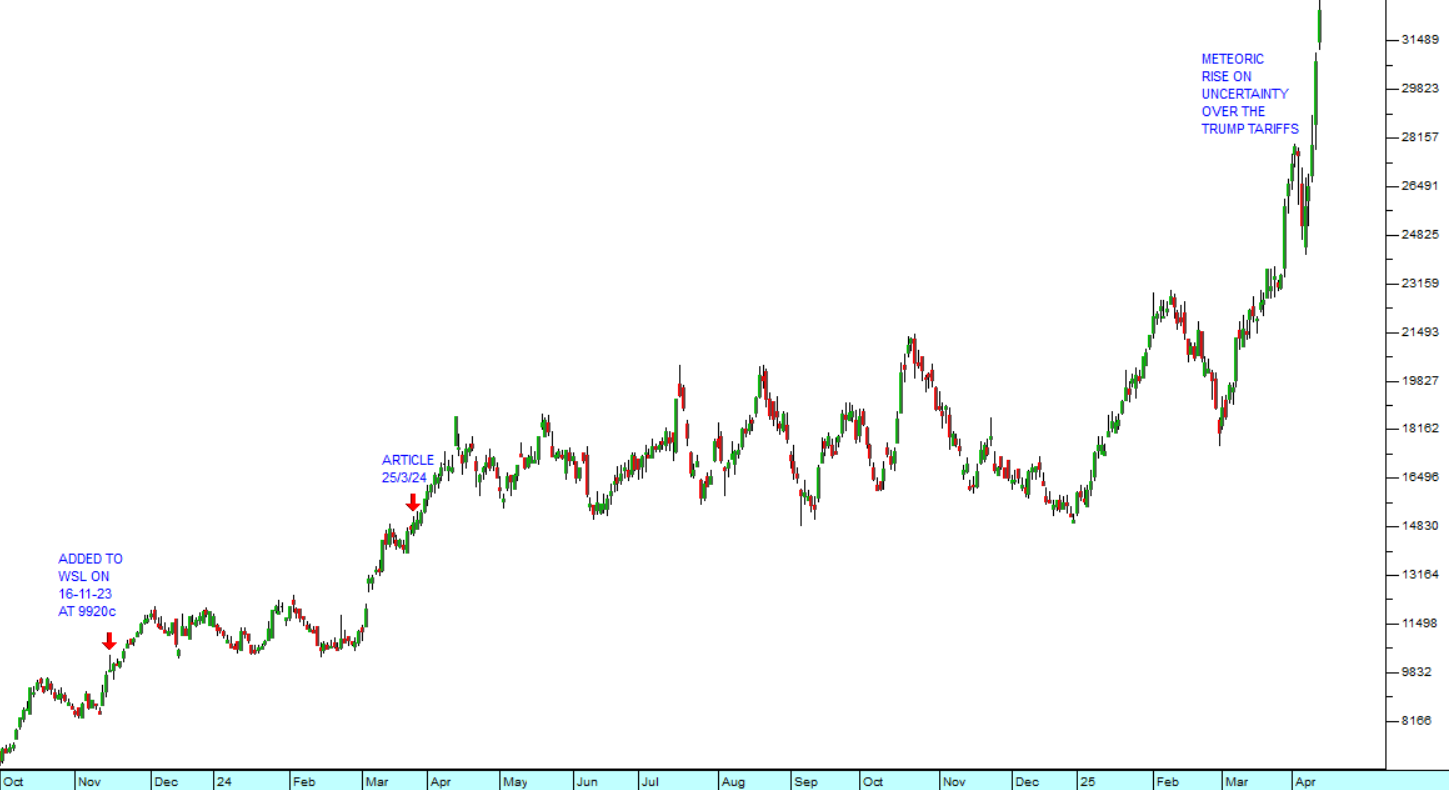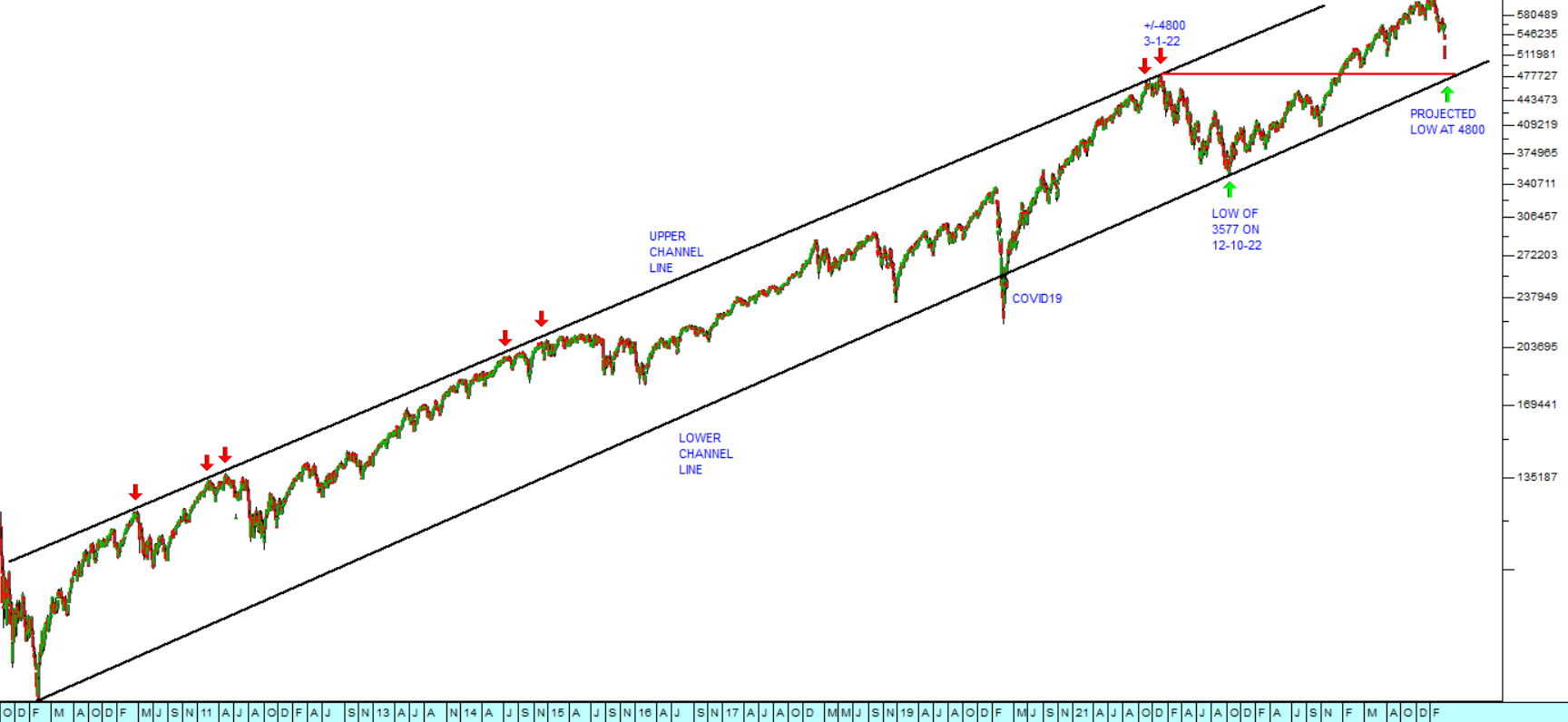Government Finances
29 June 2018 By PDSNETThe revelation at the Nugent enquiry that the South African Revenue Services (SARS) may be more than R200bn short of its revenue targets in the current financial year is very disturbing because it makes further tax increases inevitable. We have already had an increase in the marginal tax rate to 45% and a 1% increase in VAT. These will most probably be followed by another jump in VAT to 17% or 18% and maybe increases in personal and company tax. South Africa is having to pay for the accumulated effect of Zuma�s ten years of state capture, corruption and the general looting of state coffers. There are many elements to this problem, not least of which is the three years that Tom Moyane was in control of SARS during which time he systematically destroyed much of that organisation�s intellectual capital by suspending or firing key senior employees. Now the organisation�s capacity to collect tax effectively is badly damaged. At the same time it would appear that Ramaphosa�s government is backing away from an inevitable and unavoidable confrontation with the unions. The recent compromise with the civil service unions will result in the government being R30bn over budget � an amount which it can ill afford at this moment. At the same time, the government has withdrawn support for Hadebe�s zero percent increase at Eskom. This is a bad move because it sends the wrong message to the union movement and to Hadebe. Eskom is clearly in no position to afford pay increases and is completely overwhelmed with debt. Hadebe was sent into Eskom to turn it around � and he is a very good choice for that job. To now pull the rug out from under him is foolish in our opinion and extremely demotivating. Of course, this stance is aimed at the 2019 election. Ramaphosa is obviously worried about how the ANC will fare in those elections � otherwise why would he shy away from a confrontation with the unions? The problem is that by backing away he is going to make the problem much, much worse � and in the end a confrontation with the unions is inevitable. The public debt is already 53% of GDP and has doubled in the last ten years. The ratings agencies are watching closely to see how the national debt is handled. They will not be impressed with these compromises and their impact on the fiscus. But all is not negative. There is now serious talk of selling all or part of SAA � something which should have been done years ago. And there is even talk of breaking Eskom up and selling off individual power stations � a suggestion that would mitigate Eskom�s debt position and improve its profitability. This, of course, is the policy of privatisation. But that idea is a huge problem for the unions. David Sipunzi, NUM�s General Secretary, said �We remain resolute that Eskom should remain a public entity and not be available for privatisation. We know with privatisations come retrenchments�. The unions naively believe that Eskom, SAA and other state owned enterprises (SOE) do not need to be profitable � because they can always be bailed out by the government. That assumption is as deeply entrenched as it is fallacious. It must be clear to all concerned that at some point in the fairly near future, a show-down with the unions in South Africa is inevitable � but it does not look as though it will happen before the 2019 elections. In the meantime, our economy is bearing the brunt of the Zuma years and the new leadership at the ANC appears to be �fiddling while Rome burns�.
DISCLAIMER
All information and data contained within the PDSnet Articles is for informational purposes only. PDSnet makes no representations as to the accuracy, completeness, suitability, or validity, of any information, and shall not be liable for any errors, omissions, or any losses, injuries, or damages arising from its display or use. Information in the PDSnet Articles are based on the author’s opinion and experience and should not be considered professional financial investment advice. The ideas and strategies should never be used without first assessing your own personal and financial situation, or without consulting a financial professional. Thoughts and opinions will also change from time to time as more information is accumulated. PDSnet reserves the right to delete any comment or opinion for any reason.
Share this article:

